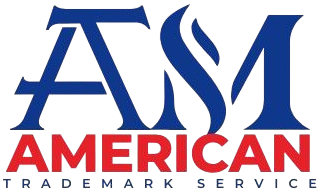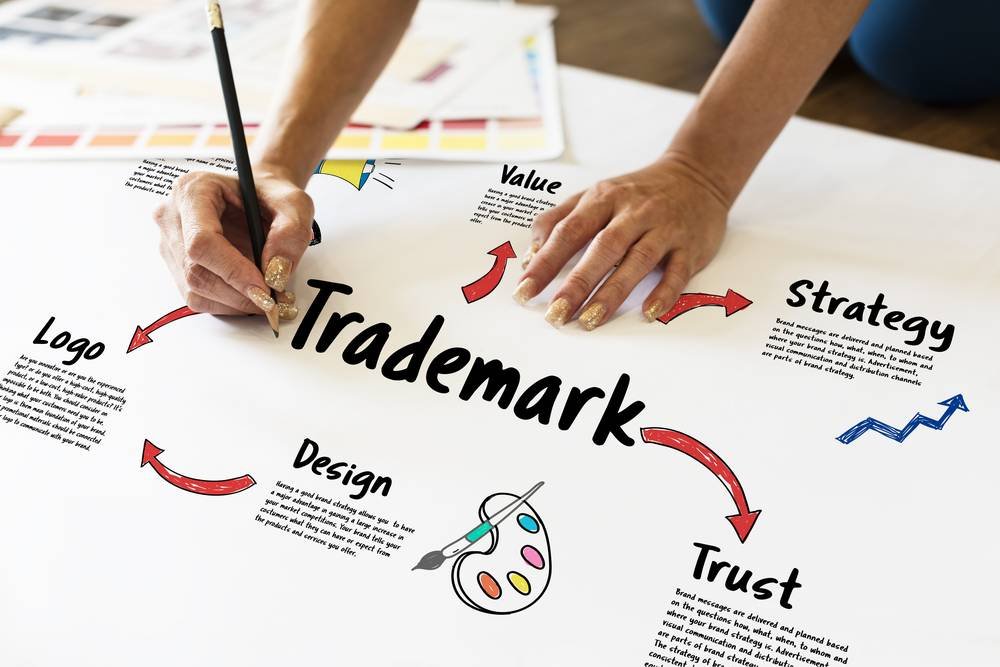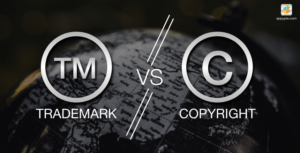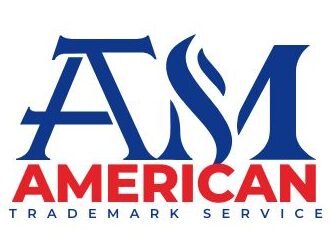Why Trademarks Matter More Then Ever?
In today’s fast-paced and highly competitive digital economy, protecting your business identity is no longer optional — it’s vital. Small businesses, startups, and solo entrepreneurs often overlook the importance of intellectual property, assuming it’s only a concern for large corporations. This misconception can result in costly legal battles, brand confusion, and even the loss of the business’s name or logo. A registered trademark acts as both a shield and a statement. It communicates to competitors and consumers alike that your brand is legitimate, protected, and here to stay.
At its core, a trademark is a word, phrase, symbol, or design that identifies and distinguishes the source of goods or services. The moment your business begins to build recognition — whether through a unique logo, catchy slogan, or distinct brand name — it becomes a valuable asset. Without protection, it’s vulnerable to imitation and misuse.
A registered trademark gives you the exclusive right to use your brand elements nationwide in connection with your products or services. It serves as a legal foundation that allows you to defend your intellectual property in court and deter potential infringes. Beyond protection, a trademark builds consumer trust and loyalty. Clients are more likely to engage with businesses that appear credible, consistent, and legally sound.
Operating without a trademark not only leaves your brand unprotected, but it could also result in losing the rights to your own business name. Imagine investing years of effort into building brand equity, only to receive a cease-and-desist letter because another entity registered your mark first. The risk is real — and avoidable.
For small businesses looking to scale, having a registered trademark can significantly enhance brand valuation. Whether you’re considering franchising, licensing, or eventual acquisition, a trademark becomes a monetization asset. It adds structure to your business model, signaling that you’ve taken the necessary steps to protect and grow your brand legally.
Trademark registration also simplifies expansion. Want to launch an E-Commerce site, start advertising, or sell in new regions? A trademark ensures that your brand identity remains consistent and uncontested, wherever you go. It opens doors to online platforms like Amazon Brand Registry and helps navigate future IP disputes.
Filing for a trademark is not just a bureaucratic step; it’s a legal procedure with strict requirements and technical nuances. Many business owners attempt to register trademarks themselves using online forms, only to face rejection due to vague descriptions, improper classifications, or conflicts with existing marks.
Working with a trademark attorney increases your chances of approval. Legal experts can conduct thorough conflict searches, draft precise descriptions, and respond to USPTO office actions. Their insight can save you time, stress, and thousands in potential legal costs. They also help you understand the proper use of your trademark across all brand materials and ensure compliance with USPTO guidelines.
Once a trademark is registered, the responsibility of monitoring its use in the marketplace falls on the owner. The USPTO does not police unauthorized usage. That’s why trademark monitoring is a critical service. It helps you detect potential infringes early, allowing you to act before substantial damage occurs. It also supports long-term brand value by protecting your mark from becoming diluted through widespread or unauthorized use.
In the event of infringement, a trademark attorney can send cease-and-desist letters, negotiate settlements, or initiate litigation when necessary. These actions serve not only to defend your rights but also to demonstrate your seriousness in protecting your brand. A passive approach invites misuse; a proactive approach reinforces ownership and deters future violations.
The return on investment for a trademark goes far beyond legal protection. It shapes how your customers perceive your business. A registered trademark signals professionalism, preparedness, and long-term intent. It differentiates your offerings in a crowded market and gives consumers a reliable symbol they can associate with quality and trust.
As your business evolves, so does your trademark portfolio. You might file additional marks for new products, logos, or slogans. Maintaining consistent branding supported by registered trademarks becomes an asset that can attract investors, partners, and even buyers. It creates a tangible value that enhances your company’s market position.
Additionally, trademark registration is often required when expanding internationally. If you plan to grow beyond U.S. borders, your registration serves as the basis for filing in other jurisdictions under international treaties like the Madrid Protocol. Having a U.S. trademark streamlines that global process.
A registered trademark also grants access to the U.S. Customs and Border Protection (CBP) program. This allows you to record your trademark and work with customs officials to prevent counterfeit or infringing goods from entering the country. It’s an advanced layer of protection especially valuable for businesses selling physical products.
Another benefit is digital platform credibility. E-commerce sites like Amazon, Etsy, and Shopify increasingly require proof of trademark registration for brand registry programs. These platforms offer better control over listings and reduce counterfeit sales giving legitimate sellers an edge.
Ultimately, registering a trademark gives your small business the legal muscle and strategic edge it needs to thrive. While the process may seem daunting, the right legal support simplifies every step — from initial search to application, office action response, and long-term enforcement.
Don’t leave your brand vulnerable. A registered trademark is an investment in your reputation, growth, and peace of mind. It affirms your brand’s identity, defends your innovation, and supports your journey from a small business to a trusted enterprise. Now is the time to protect what you’ve built.





